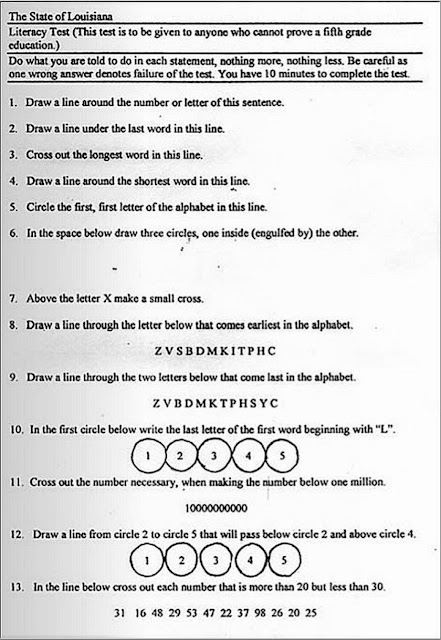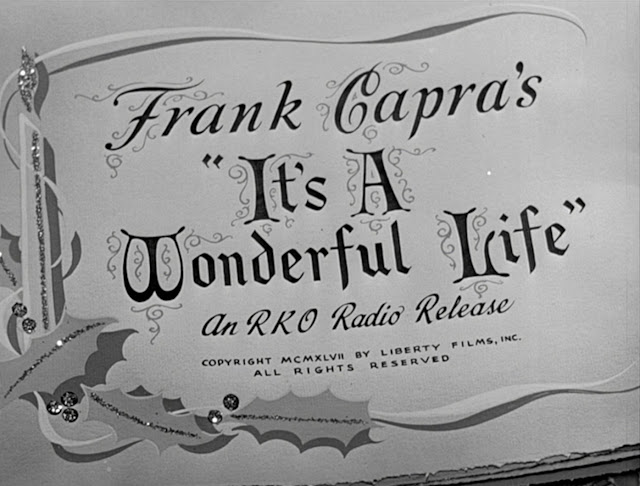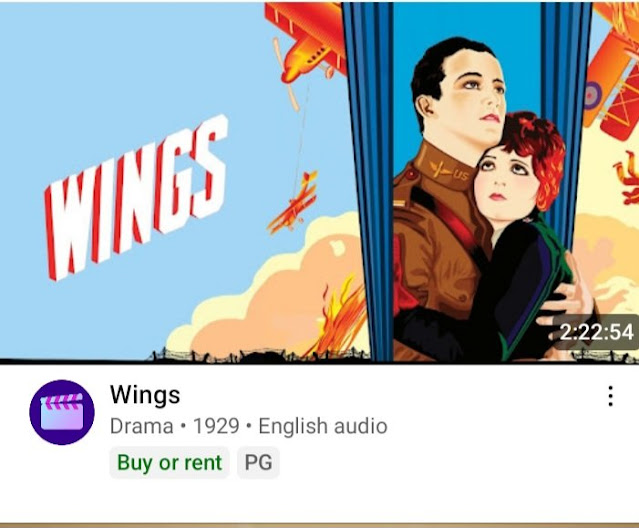Well the election came and went, It'll take a few days of settling for accurate information to comeout to see what exactly happened there. In the run up to the big day I saw pages of Your Vote is Vital! a 1952 comic book created by Harvey Press to both advocate for voting and explain how the system of elective representation works. The entire comic has been scanned and can be seen/downloaded at Comic Book Plus.
Personally speaking, I find "GOTV" (Get Out the Vote) art tiresome, it often just a short command to participate, sometimes followed up with a moralising attack on a strawman reperesentation of the "apathetic voter". This comic is something of an exception, its still extremely judgy of people who aren't racing to the polling station to vote but formulates several arguments for why a citizen should care about elections and makes some consideration for the limitations and vulnerabilities of the governmental system of the United States of America.
I was tempted to upload every page here, but due to Blogger lacking a gallery function that would look awful, so instead I'll just highlight a few chosen pages.
This is the first page, and it isn't a great start. The argument that one man one vote just isn't true, its not true now, and it wasn't true in 1952. The USA is made up of states and its President is chosen via an electoral college system, that system in many states is functionally independent of the popular vote the decision to award state votes to a candidate who wins the vote in that state is largely done by convention. But even if it was law that the College and the Popular votes had to match there are four elections 1876, 1888,2000,2016 where the eventual winner did not recieve the most popular votes. At best Brown Hat here as an equal vote with his state, or congressional district if he lives in Maine or Nebraska, national his vote is weighted differently.

On the next page we're getting into a bit more substance, I was surprised to see Uncle Sam acknowledge that the assumption that elections are rule by majority is often not the case in reality. Though I notice some backsliding in the assumption that half the eligible (And we'll come to whats iffy about that term later) voters are lazy. It especially strange as pages within this very comic will present us with possible alternative explanations for why the Presidents vote base was so small.

A few things on this page, for historical context the after WWII Czechoslovakia held elections which lead to a coalition government coming to power. That coalition included the Communist party which in 1948-9 launched a coup against its coalition partners and built a dictatorship which quickly aligned with the Soviet Union. There was no voting in China the brutal dictatorial KMT were violently overthrown by the brutal dictatorial CPC, but I believe he's making a general point about complacency with the government being dangerous. I was glad to see a reference to the dictatorial regime of Peron in Argentina, I thought this was going to be a red scare screed but it seems to genuinely be in favour of elective government over overt authoritarianism.
Its wider point that who governs a nation will have an impact on every facet of daily life is important. From experience I've seen people get agitated over one issue to support a policy or faction who hammer them with every other policy they have. But I think the middle argument about organised minorities versus the lazy apathetic masses is a bit weak. It presupposes that the masses are opposed to thses minorities, when we have no way of knowing that, they could just as easily vote with these minorities. This is something that is common to all the typical "I Voted" propaganda that clogs everything in the run up to elections, if your aim is purely to increase participation then that's fine I guess, but generic calls to participation surely if they have any impact would risk encouraging voting for other candidates, policies and positions too?

Jumped ahead to page 6. Here we run into another issue with electoral politics. The citizens give legitimacy to politicians via a vote, but since that doesn't require any knowledge of the candidates nor their policies what exactly is that legitimacy based on? Party affiliation? Personal charisma? Name bias?
I'll credit the comic for having the maturity to acknowledge this issue, but its solution to this problem is to spend time learning the voting records and public statements of presumably all the candidates for election, that could easily number in the hundreds. I'm someone who is engaged politically so in principle I agree with Sam, if you're going to vote or do anything to support a candidate/party you should do so informed and certain of your convictions. But, I also know how difficult that is, especially for minority viewpoints who do not have connections to mass media or funds for campaigning material. And then on top of all the difficulties there's the Woodrow Wilson issue. You have zero guarantee that past behaviour will reflect on future behaviour when elected.
In the 1916 election, many supporters of the Socialist Party broke ranks and voted and campaigned for Woodrow Wilson for President. They did this because they were desperate to keep the USA out of the slaughter known as the First World War. Wilson won and in 1917 the USA entered the First World War anyway.
 |
This cartoon was made before Wilson won and implies that he'll lose because of his opposition to entering it.
|
The voters are not the only instrument of pressure affecting policy, as Wilson discovered after taking office.
See here is some of the vulnerabilities the comic can't or won't try to tackle, ownership of the means of communication. Who owns those newspapers and radio stations? What about the effect of the current government? I do however agree with the last point about the need to use your critical thinking skills to engage with and assess political messaging rather than just accepting what you're given.

I don't necessarily disagree with this messaging, it just that for someone like me it begs the question why bother? If we're already investing our time into thinking about issues and the best solutions to those issues than why bother with governments and elections? Why not just work them out ourselves? Brown Hat and the model voters he represents is already putting in much of the brainwork of problem solving why limit it to choosing candidates and hoping that they win and then hoping that they can buck all the counter pressures? I know the answer is simple, the comics authors didn't think beyond the narrow confines of state government but I don't see why it should limit me or any other reader.

Remember back on page 3 I mentioned some issues with framing non-voters as lazy? Well this page covers many of those issues and doesn't do it very well it just states the official procedure and then refuses to discuss the many issues with it. To vote you have to register to vote which is a procedure that varies heavily from state to state in the USA. Sam is just vaguely describing some of the most common ones here, and we just have to take his word that this is all very easy and the instructions on how to do so are in fact everywhere so its your fault if you don't know. I don't know if you've ever had to interact with a government department for anything but easy and straightforward is not how I'd describe the process.
There's another darker side to this, did you know that US Federal and State governments include people in their jurisidiction that do not qualify for citizenship? Puerto Ricans living in Puerto Rico don't count, they have to move to the proper United States and fulfil a number of bureacratic tasks dependent on where they are to qualify. That's just one example, it also applies to the rest of the populations of the US territories which is currently over 3 million. In addition in some states those found guilty of crimes lose the right to vote even after their terms of imprisonment are up, as far as I can tell these people are still classed as citizens but have this right denied them.
It has been common practice in the United States to make felons
ineligible to vote, in some cases permanently. Over the last few
decades, the general trend has been toward reinstating the right to vote
at some point, although this is a state-by-state policy choice. (See
"Recent State Actions" below for a chronology.)
https://www.ncsl.org/elections-and-campaigns/felon-voting-rights
There is still one more issue with this page I feel I must voice. This comic was published in 1952, this is important because Sam is mentioning a literacy test or presentation of school diploma to have the right to vote. At this time several states in Sam's Union were practising legal and open segregation, as part of that attack on the civil rights of Black Americans, these jurisidictions used tests and poll taxes to deny them the vote.
Here's an example of these "reading and writing" tests used in Lousiana
 |
To be clear these tests were supposed to be impossible
|
https://slate.com/human-interest/2013/06/voting-rights-and-the-supreme-court-the-impossible-literacy-test-louisiana-used-to-give-black-voters.html
And on reflection it is disappointing that a comic about the importance of civic rights, and one that actively warns about the dangers of tyranny has nothing to say about segregation and is endorsing one of its aspects.
Since primaries aren't typical of election systems and are unique to the US I found this page informative but I find that it doesn't reflect reality. We've gone from voting in an election to joining a political party and leveraging influence, in the example Sam gives the winner is the one who can persuade the most people through hard work and personal charisma, but you don't have to be as cynical as I am to figure out that you could also use funds or networks of influence as leverage. Does the average working person have the time, energy and financial cushion to dedicate enough time and energy? And isn't this just an example of the organised minorities in action?

I'm no fan of party allegiance over personal conscience so its good that Sam reminds us that we don't have to vote for a party slate on every election or issue, but if you've formally joined a political party you will be expected to work to its benefit in someway even if its just sending them financial contributions, so the secret ballott isn't an antidote to partisan politics.
I once heard someone describing the problems with the governmental system of the United States of America was that its foundations were laid by men who were extremely concerned with the supposed threat of the general public deciding policy but didn't fully grasp or understand political parties and factions of influence so devised a system that limited the impact of the former and completly failed to account for the latter, and we see that argument borne out in this comic. It is the best defence for the US system I've encountered and it is extremely worried about the dangers of ignorant voting but it barely touches on the potential malign influences of party politics and is completly silent on how capitalist economics create concentrations of power, persuasion and influence.
So in summary according to Uncle Sam the American public as a mass must become political obsessives, investing much of their time and income on a variety of sources, slowly building a habit of critical thinking through experience while actively collaborating in the party system, so that the USA can safe guard against the worst facets of government, forever. If the dangers posed by these institutions in hostile hands is so great, than logically the American people's time would be better spent working towards its dismantling instead of commiting to a forever war against the tyrannical minorities lurking within its society.
In the end I'm left thinking of an old poster on a wall I saw sometime ago, it said "Choosing your master does not make you free".





.jpeg)






















